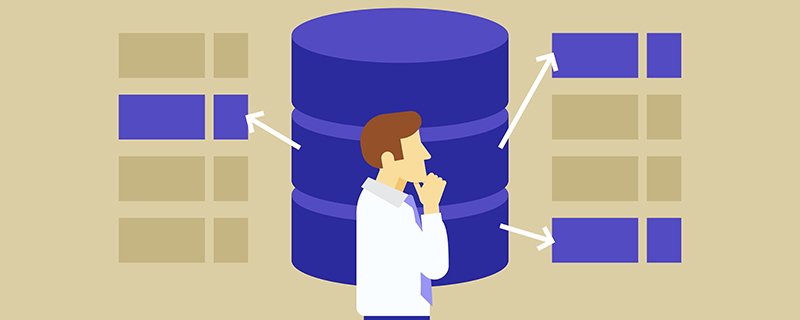

In a two-dimensional table, the horizontal rows are called tuples, and each row is a tuple; the tuple corresponds to a specific record in the table.
Data tuples are also called records. Each record in a data table has a unique number (record number). A record is a row in the data table.
Tuple is the basic concept in relational database. A relation is a table. Each row in the table (that is, each record in the database) is a tuple, and each column is an attribute. In a two-dimensional table, tuples are also called rows.
Data table structure
The data table is composed of three parts: the table name, the fields in the table, and the records of the table. Designing the data table structure is to define the data table file name, determine which fields the data table contains, the field names, field types, and widths of each field, and input these data into the computer.
Design the structure of the table:
1. Determine the table name. The table name must be unique, consistent with its purpose, concise, intuitive, and meaningful.
2. Determine the field name.
⑴The field name length is less than 64 characters.
⑵Field names can include letters, Chinese characters, numbers, spaces and other characters.
⑶Field names cannot include periods (.), exclamation points (!), square brackets ([]) and accent marks (,).
⑷Field names cannot start with leading spaces.
3. Determine the field type. Access provides 10 data types to meet the different needs of fields.
4. Determine the field attributes. Such as field size, format, default value, required fields, validation rules, validation text and index, etc.
5. Determine the only primary key field in the table that can identify the record, that is, the primary key.
Related recommendations: "mysql tutorial"
The above is the detailed content of What are rows in relational data tables called?. For more information, please follow other related articles on the PHP Chinese website!